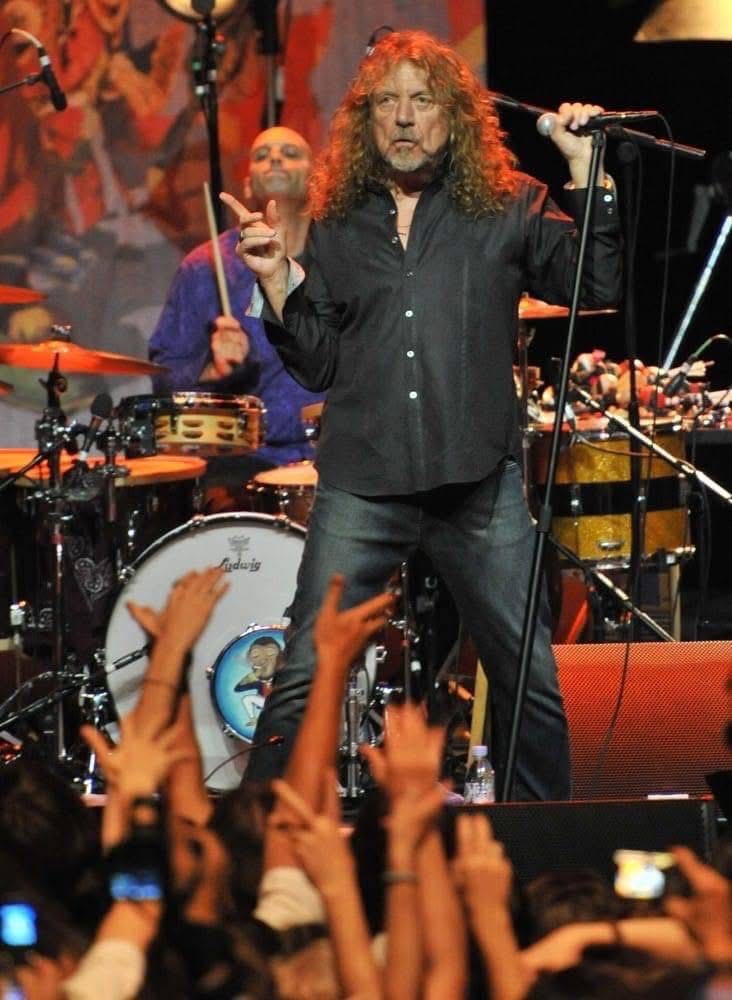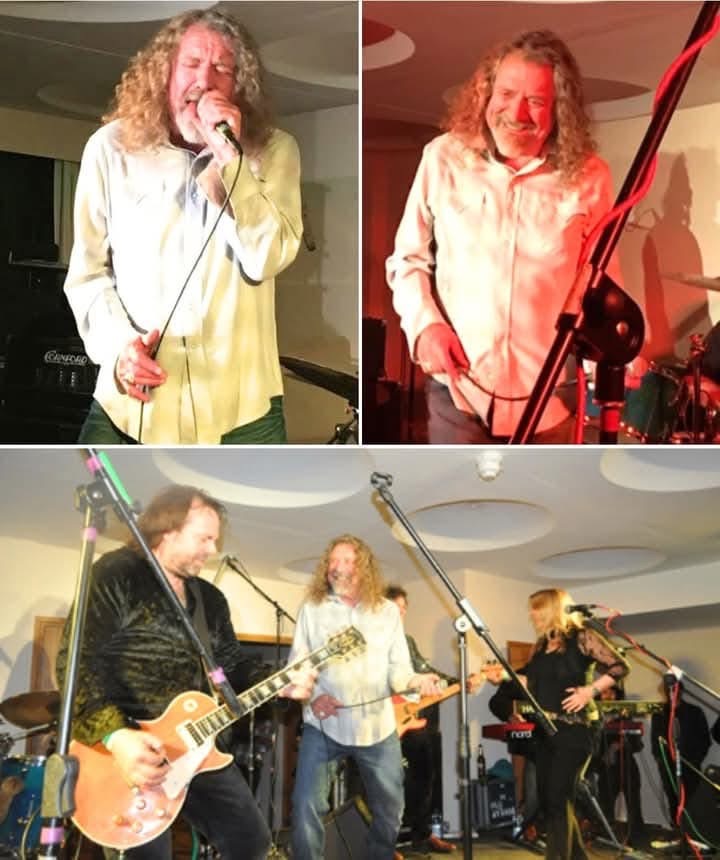Robert Plant is best known as the iconic lead singer and lyricist of Led Zeppelin, one of the most influential rock bands of all time. With his powerful, wide vocal range and captivating stage presence, Plant helped define both the band’s unique sound and the hard rock genre as a whole.
One of Plant’s most defining features is his remarkable voice. His high-pitched, bluesy vocals became legendary, creating a distinct sound that defined classic Zeppelin tracks like “Stairway to Heaven,” “Whole Lotta Love,” and “Immigrant Song.” His ability to seamlessly blend raw power with a haunting, ethereal quality made him one of rock’s greatest vocalists. Songs like “Babe I’m Gonna Leave You” and “Ramble On” showcase his versatility, effortlessly transitioning from gentle, reflective melodies to full-throttle wails.
In addition to his vocal prowess, Plant’s lyricism played a significant role in Zeppelin’s success. Drawing inspiration from mythology, fantasy, and nature, his poetic and often mystical lyrics added depth and complexity to the band’s music. Songs like “The Battle of Evermore” and “Kashmir” reflect his love for the mysterious and the unknown, turning each track into an exploration of lyrical artistry.
After Led Zeppelin disbanded in 1980, Plant embarked on a successful solo career, further solidifying his place in music history. His solo work spanned across genres, from rock to folk and even world music. His collaboration with Alison Krauss on *Raising Sand* in 2007 earned critical acclaim, including a Grammy Award for Album of the Year.
On stage, Robert Plant exuded charisma and energy. His wild, untamed appearance—often shirtless with long, flowing hair—captured the essence of a true rock star. His magnetic stage presence left an indelible mark on rock history, making him a legend in his own right.










